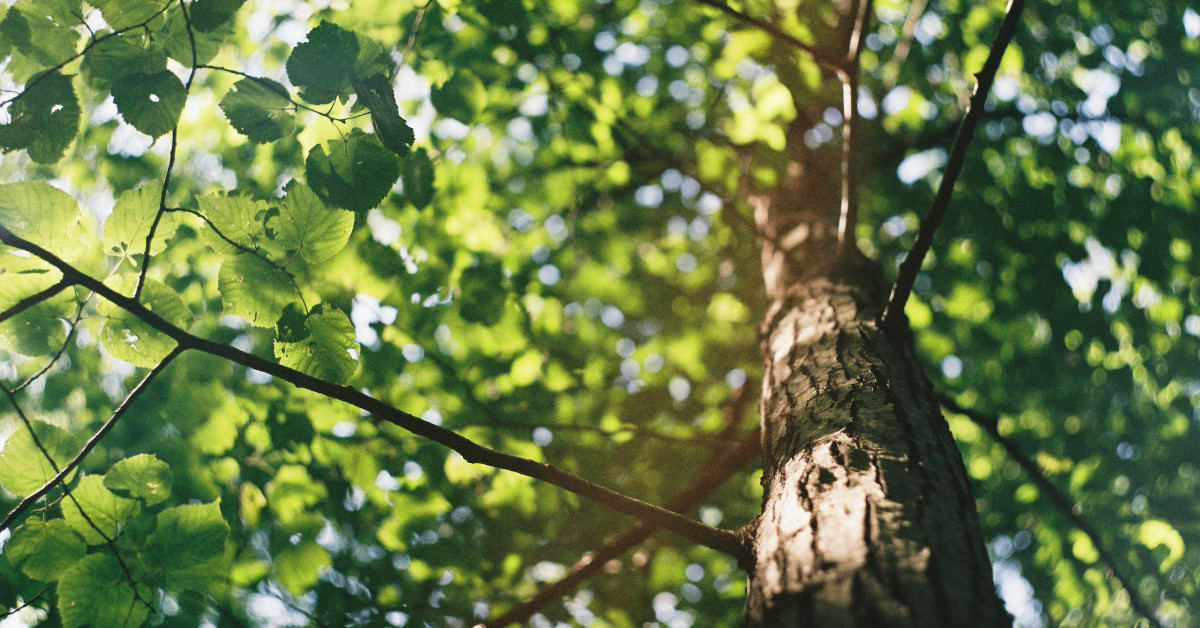A Personal Journey from Archaeology to Cultural Resources Management
I recently read an article in The SAA Archaeological Record entitled, “I Love Archaeology Because . . .” The 19 page article highlighted the perspective of 21 people, and why they find the study of archaeology fascinating. The interviewees ranged from retired archaeology professors, to professional cultural resource management professionals, to High School students. Although their reasons varied based on their experiences and expectations, their responses got me thinking of why I love archaeology, and how my view of it has changed over time.

By Ken Lord
August 21, 2013
 I recently read an article in The SAA Archaeological Record entitled, “I Love Archaeology Because . . .” The 19 page article highlighted the perspective of 21 people, and why they find the study of archaeology fascinating. The interviewees ranged from retired archaeology professors, to professional cultural resource management professionals, to High School students. Although their reasons varied based on their experiences and expectations, their responses got me thinking of why I love archaeology, and how my view of it has changed over time.
I recently read an article in The SAA Archaeological Record entitled, “I Love Archaeology Because . . .” The 19 page article highlighted the perspective of 21 people, and why they find the study of archaeology fascinating. The interviewees ranged from retired archaeology professors, to professional cultural resource management professionals, to High School students. Although their reasons varied based on their experiences and expectations, their responses got me thinking of why I love archaeology, and how my view of it has changed over time.
My first thoughts of archaeology came from the National Geographic Magazine when I was twelve years old. It was there that I read of exotic places and looked at exciting buildings and artifacts, including stunning gold items and large buildings excavated out of the sands of the Middle East. Reading about the finds and seeing those pictures sparked my dream of becoming an archaeologist. I saw myself in Egypt or Iraq (Mesopotamia), digging in the earth and finding treasure; then reporting back to the world with my findings. I dreamt of the adventurous and exciting Indiana Jones mystique of archaeology 20 years before the movie was made.
I was the child that never grew up and continued to pursue what many think about but rarely get the opportunity to do – live out their childhood fantasy. Now 50 years old and 13 years of advanced schooling later, I can now look back and reflect on why I love archaeology, and understand how my opinion of it has changed over time.
My first thought about archaeology was that I could travel around the world, and not really have to deal with living people. After all – archaeology was about “dead” things. However, my dreams of going on adventures in faraway lands and finding golden masks and temples rapidly changed when I became an undergraduate in college and realized that most archaeologists don’t actually get to do that.
After I obtained a doctorate in archaeology, I assumed that I would become a professor like many of the people in the article mentioned above. However, I did not end up on that path; instead I stumbled upon something much better.
The concept of a profession of Cultural Resource Manager was forming around the time I was in graduate school. This new profession opened up a whole new world to people that loved archaeology, such as myself. Writing about cultural resources for public review gave me, and many others, the opportunity to inform people about the past through showing them how similar the entire world is despite the thousands of years that may separate us. Modern cultural resources work involves many disciplines: anthropology, biology, ethnography, geology, geography, hydrology, and soils, among others disciplines. In fact, it is one of the most fully integrated disciplines in environmental consulting. It involves teaching others about peoples that lived here before us and provides them with insight into our past and possibly our futures.
 Now here comes the exciting part: The realization that my dream of archaeology went from exploring the world to discover “dead things”, to working with people by helping them understand themselves and the world around them. This total interaction of the past and present, the ancient and modern environment, and all of the portions of environmental documents necessary to provide a complete view of the impacts, plus the advantages of a project are all the reasons why I love archaeology. This passion for the environment and meeting clients' needs is why I and other members of the FirstCarbon Solutions (FCS) team encourages discussion and provides advice to people worldwide.
Now here comes the exciting part: The realization that my dream of archaeology went from exploring the world to discover “dead things”, to working with people by helping them understand themselves and the world around them. This total interaction of the past and present, the ancient and modern environment, and all of the portions of environmental documents necessary to provide a complete view of the impacts, plus the advantages of a project are all the reasons why I love archaeology. This passion for the environment and meeting clients' needs is why I and other members of the FirstCarbon Solutions (FCS) team encourages discussion and provides advice to people worldwide.
The FCS staff is open to any and all explanations for intriguing prehistoric cultural phenomena. With our extensive knowledge of land development, the natural environment and regulatory processes, you will get the evaluations, advice and mediations needed to meet even the most complicated requirements in managing your natural resources. For more information, contact us:
Related Articles
Environmental Impacts, Cultural Resources
By Adrienne Garcia on March 10, 2020
Environmental Impacts | Sustainability | Forests | Organization
By Kevin Bolland on December 23, 2019
Environmental Impacts | Environmental Assessments | CEQA | Environmental Planning | city planning
By Greg Scandrett on January 4, 2017
Environmental Impacts | Renewable Energy
Be a sustainability leader.
Our team supports you no matter where you are on your Sustainability Journey. Talk to us today to learn more.





